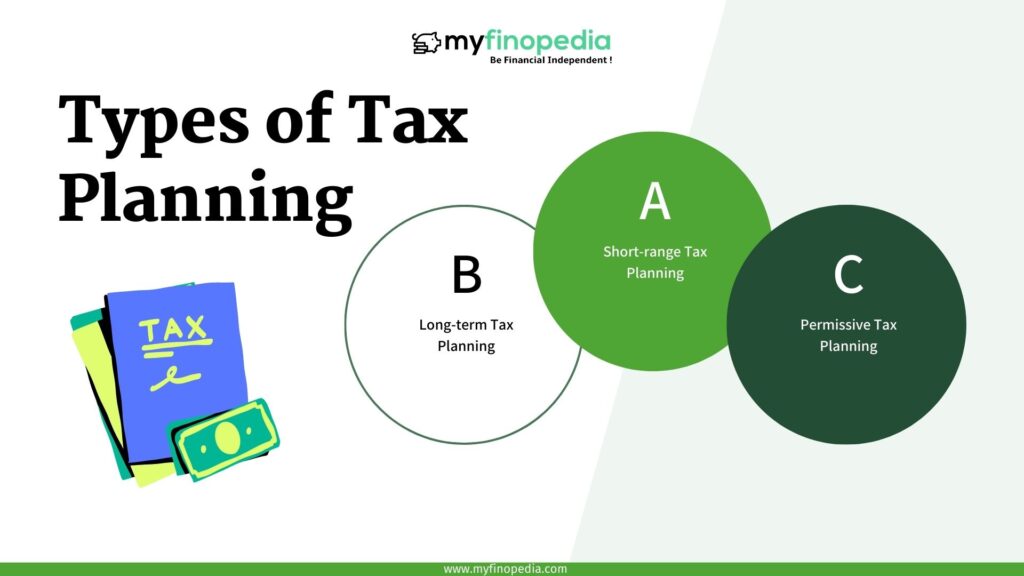Tax planning means tax savings to receive maximum benefits under the tax policies. With the right approach to reduce tax liabilities, you can enjoy the maximum benefits under the provisions mentioned in the law. It attempts to make a well-rounded approach to your tax decisions in a financial year and aims for benefits for taxpayers throughout the year.
Taking the right step at the right time, you can avoid a lot of economic instability and unproductive investment or legal burdens. So, let’s get into the nitty-gritties of how to plan your taxes in a financial year.
Benefits of Tax Planning in India
To know about the tax planning, there are also many benefits associated with it. They are as follows:-
- Reduced Tax: It is the wish of every tax payer to reduce tax burden and enjoy tax planning. With planning the tax decisions optimally, it seeks to maximize your tax benefits and reduce compensation in section 80C to 80C under the Indian tax act.
- Leverage Economic Stability: It ensures your economic stability stays up-to-date and more streamlined. The more healthy inflow and outflow of money it becomes, it becomes easier to plan your investment and make your taxes transparent.
- Litigation Charges: The more your tax planning is stringent, the less you need to save taxes for tax disputes in tax authorities. It saves from a lot of money & legal liabilities.
Types of Tax Planning:
The types of tax planning is given below-
1. Short-range Tax Planning
Short-range Tax Planning are those kinds of tax planning which are done to fulfill certain objectives within a short amount of period. This is done majorly at the end of one financial year to grow tax efficiency of certain sectors.
2. Long-term Tax Planning
Compared to short-range tax planning, long-term tax planning is started at the initial stage of a financial year. Unlike short-range tax planning, you can get maximum tax benefits for a long-term throughout the year.
3. Permissive Tax Planning
They are compliant to the tax laws as mentioned under various laws of a country. Like as, under Indian Income Tax Act, 1961, there are specific provisions for tax efficiencies, incentives that an investor can get under tax laws.
4. Purposive Tax Planning
Purposive Tax Planning is done for the specific purposes determined by a taxpayer to earn benefits. This includes specific instruments, diversifying business or assets to enlarge benefits.
Overall, by starting tax planning as early as possible, you can maximize earnings more potential income than any other resorts. By utilizing the tax benefits under the Indian Income Tax Act, 1961, you can reap the percentage of your business earnings to your savings fund. Also, consider having expert advices in some scenarios to get rid of additional legal consequences or fees.






